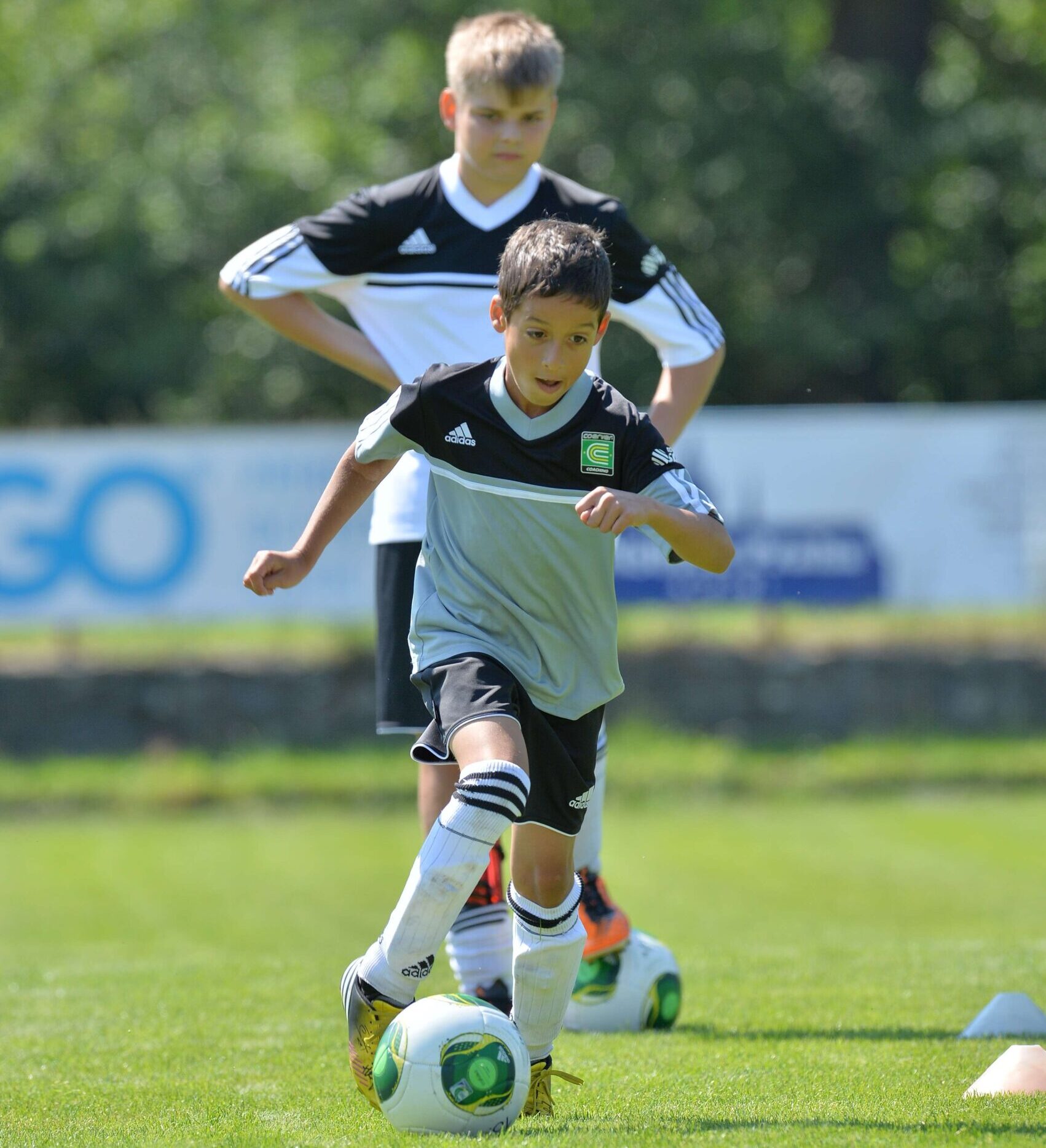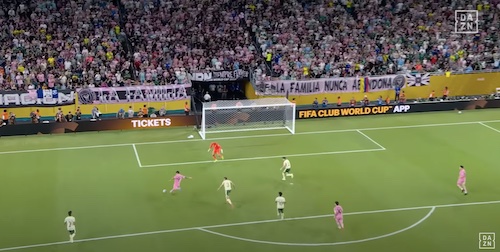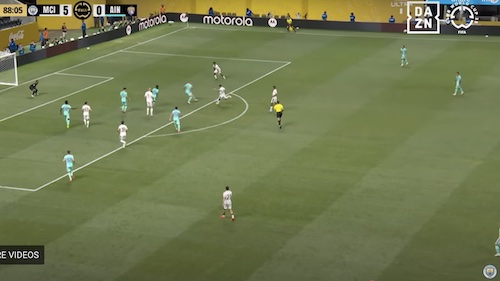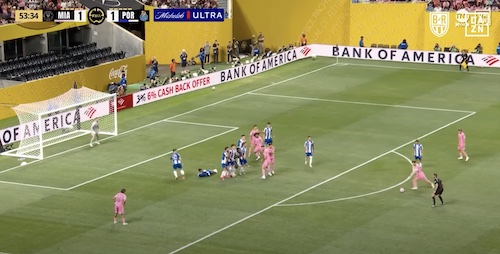| Soccer is a team effort, and requires that players communicate on the pitch to be successful. Especially when you’re playing at a higher level, and the game starts to move at an even faster pace, you’ll need to help your teammates out by communicating with them. A few simple shout-outs, whether it’s “man on” or “you’ve got time”, go a long way in an intense game. If you watch a pro training session or game you might be surprised how just loud some of the talk and communication is on the field.
Also, don’t be afraid to ask for the soccer ball when you’re in a good position. Actually you should always want the ball and be ready to receive it. Don’t force yourself into the game, but with forethought make a good run and ask for the ball or check back to the ball to offer support. Better yet, make runs that take defenders away and open up space for teammates. Actions like these are inspiring for teammates and will also encourage them to do the same for you. But again, throughout a soccer game every player should want the soccer ball and be ready to support their teammates. And with every pass that’s made a message should be sent to the player receiving the pass: telling the player they can turn or hold it or there’s a man on. Yes, every time you pass the ball you should send a message to the player either verbally or via the weight of pass – if it’s a hard pass then they’re being closed down, a soft pass means they have time to turn. What are the key communication phrases in soccer/football. These are just some of the phrases you’ll be shouting out to your teammates during the game:
At the same time, remember, a lot of soccer communication is non-verbal in soccer, the angle of your run to the ball, your body positioning when receiving the ball, the timing of your run, and how you’re holding off the defender–do you really want the ball. All these things are in part sending a message to your teammates about how much you want the ball and where you want it. On defense in soccer, communicating is crucial. Players need to know when they can try to win the ball and when they need to close down the attacker and get tighter. The player in support has to let their teammate know they can try to win the ball or need to get even tighter to the attacker. That’s why it’s important for the goalkeeper and the last defender, both players who can see the whole field, let their teammates know if they need to push up or pressure the ball. If you watch Barcelona play defense all the players move almost in a group, closing down the space and pressuring the ball, this comes from the players in the back letting the player in front of them which direction they need to go and that they’re their in support. If a team is running an offside trap, players need to know when to step up and where to keep their defensive line. Sometimes it’s hard to hear all the communicating that’s going on in soccer game on television, but if you’re down on the pitch you can hear constant chatter from the players. Starting out, with your youth soccer team, get your players in the habit of calling out the players name they’re passing to or sending a message to the player when they make a pass. What’s interesting is how all this talk and chatter spread throughout the team. The team comes to realize that everyone is trying to help one and another and this builds confidence. But all soccer players are different, some are quiet and don’t say much, others are constantly yelling and talking on the field. That’s fine. There’s no need to change one’s personality. However, every player should learn to communicate those simple messages, such as “man on” and “turn”. This is where leaders come into play on a team. Leaders are those who lift the team up when they are down and direct the team as whole throughout the match. As a soccer coach, is key to pick these players out and give them more of role on your team – often this player becomes the captain of your team. Learn more: |
Your Soccer Resource Center














